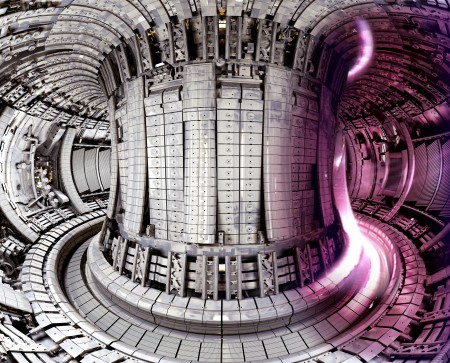
Defining the U.S.’ Role in Fusion
Environment and Energy Daily recently reported on the continuing challenges of funding fusion and specifically ITER, the International Thermonuclear Experimental Reactor. While the head of the project, Bernard Bigot, believes that the initiative will “be able to deliver on time”, delays and “cost overruns” have been a consistent problem for ITER. The United States has supplied about $900 million for ITER so Congress’ lack of support for the project would be a “direct throwback” due to the loss of financial support and U.S. expertise.
At a Congressional hearing yesterday, Bigot argued that ITER is critical for fusion but also for “spin-off benefits, in areas such as remote handling robotics, power electronics and other technologies.” Unfortunately, DOE support for fusion has evaporated in recent years and some lawmakers are skeptical of the project. Director of the Princeton Plasma Physics Laboratory, Stewart Prager, highlighted the need for more support of “innovative” approaches to fusion. Like Bigot, Prager believes in the importance of projects like ITER and noted that, “if the U.S. wants to commit more aggressively to fusion, there’s lots more that we can do.”
For the full article on the hearing, click here.





